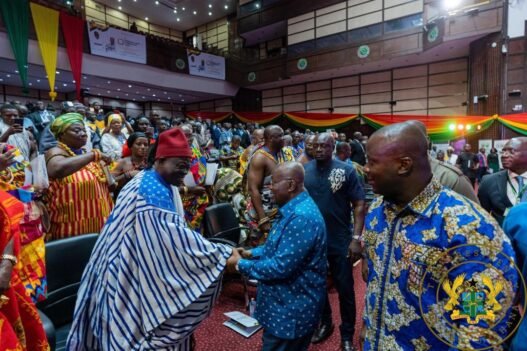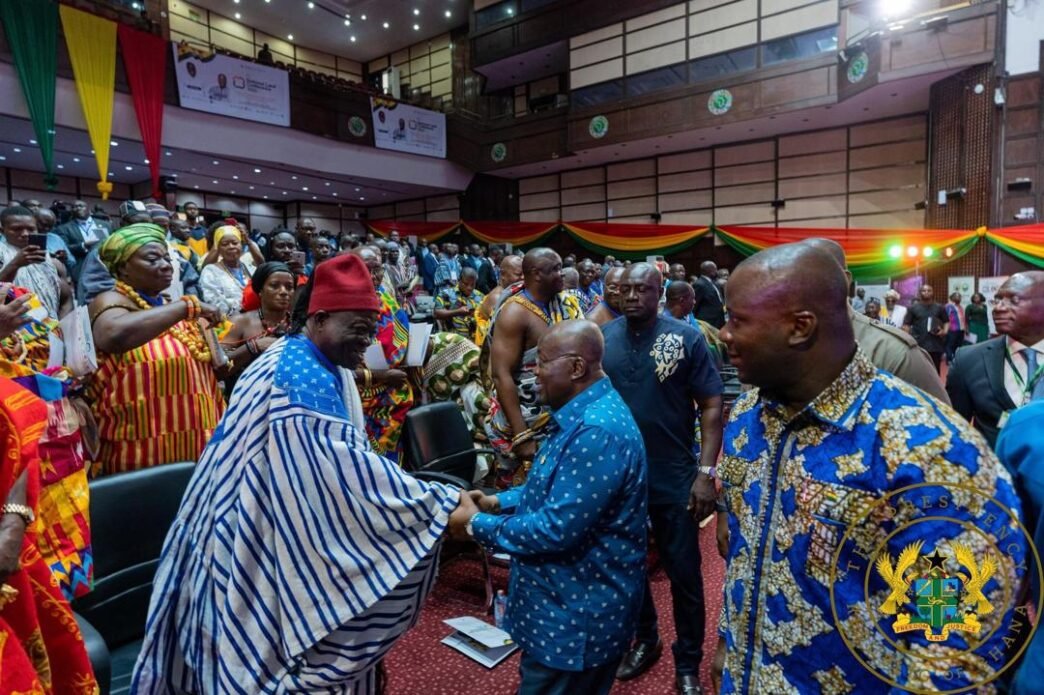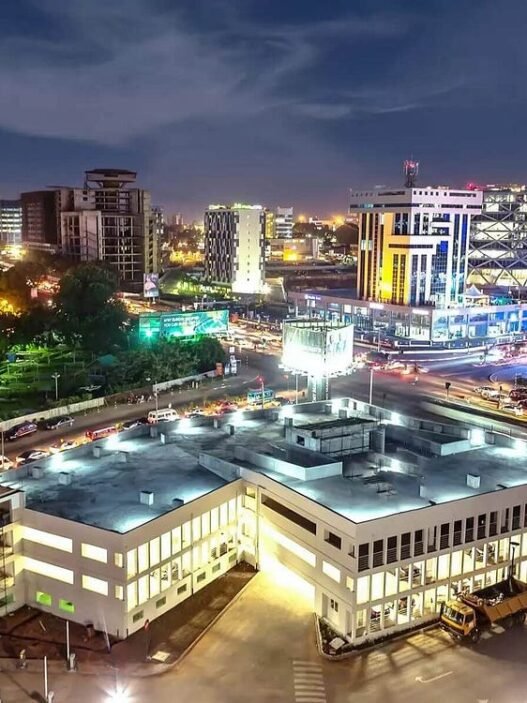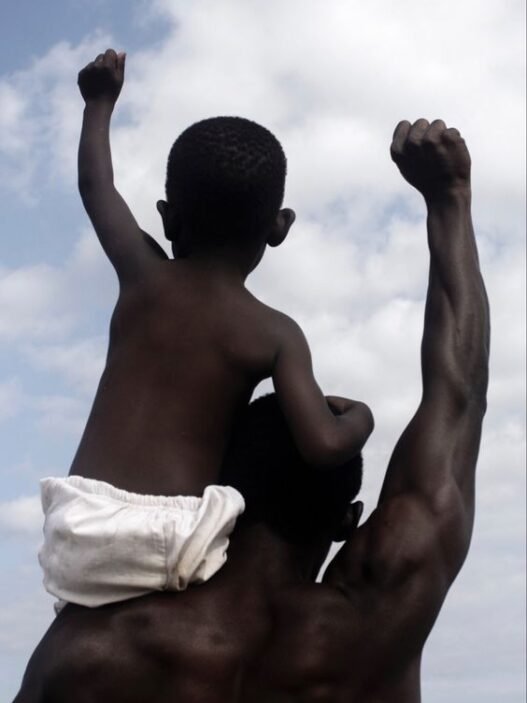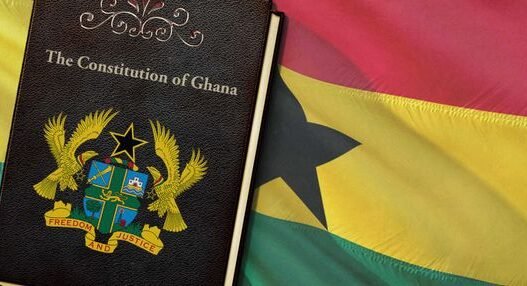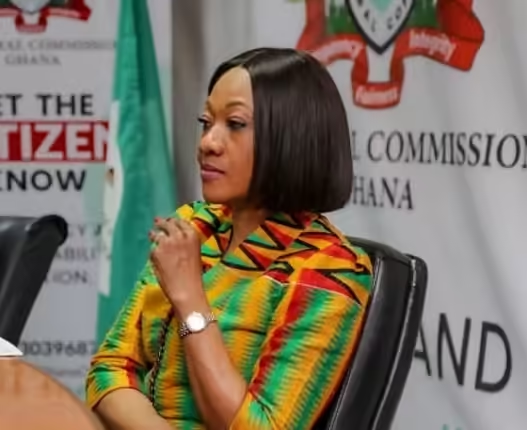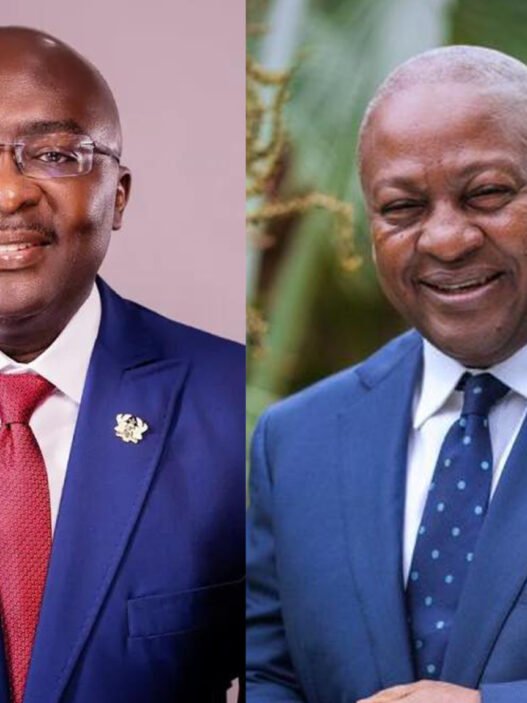Chieftaincy, once a sacred institution representing leadership, wisdom, and tradition, has recently taken a dangerous turn in some parts of Ghana. The escalating chieftaincy clashes across the country are not only embarrassing but deeply troubling. These violent confrontations between rival factions, often leading to deaths and destruction, leave Ghanaians asking: asking: Why are our supposed leaders behaving worse than ‘area boys’?
“What happened to our traditional leadership? Have the royals lost their way, or is the institution being hijacked by greed and power struggles?“
The Rise of Chieftaincy Clashes
Over the past few years, chieftaincy disputes have become all too common. From the Northern Region to the Volta Region and even parts of the Central Region, Ghana has witnessed violent confrontations over who gets to wear the crown. These clashes are typically fueled by disagreements over succession, land disputes, or even political meddling, leading to a breakdown in the very institution meant to provide order and stability within our communities.
What is most shocking is the behavior of some of the people involved. Royals, who should be pillars of peace and wisdom, are engaging in violent tactics that resemble the actions of ‘area boys’—the very people they are supposed to set an example for.
When Tradition Meets Chaos
Chieftaincy in Ghana has long been revered as a cornerstone of the country’s culture and traditions. Chiefs are expected to be custodians of the land, leading with dignity and a deep sense of responsibility for their people. Unfortunately, the rise in clashes shows a disturbing erosion of this respect. What should be peaceful mediation processes have turned into open battlegrounds.
The question is: What happened to our traditional leadership? Have the royals lost their way, or is the institution being hijacked by greed and power struggles?
Greed, Power, and External Influence
Many of these chieftaincy disputes are rooted in issues of greed and power. Land ownership and control of resources are often at the center of these conflicts, with various factions eager to secure their share of the spoils. When the pursuit of wealth overtakes the pursuit of leadership and service, chaos ensues.
Additionally, there is growing evidence of political interference in many of these disputes. Political figures often back certain factions for their own gain, exacerbating tensions and turning what should be family or clan issues into national crises. This involvement from external actors only worsens the situation, as political support gives certain factions the resources and impunity to act out violently.
The Cost of These Clashes
The consequences of these chieftaincy clashes are far-reaching. Lives are lost, properties destroyed, and entire communities are displaced. Schools are shut down, businesses come to a halt, and local economies suffer. In regions already struggling with poverty and underdevelopment, these clashes push people further into hardship.
It’s especially disturbing to witness royal families, once symbols of unity, tear their communities apart. Instead of being beacons of hope and guidance, some chiefs and their supporters are dragging the name of the chieftaincy institution through the mud.
Royals or Street Boys?
When chieftaincy disputes descend into physical confrontations, it’s hard not to draw comparisons between these so-called leaders and the ‘area boys’ who roam the streets causing trouble. How can we expect our communities to thrive when the very people meant to guide us are behaving like common street thugs?
It’s high time we ask ourselves: Is the chieftaincy institution broken? Or are we simply witnessing a moral decline among some of its current occupants?
Finding Solutions
To restore the dignity of the chieftaincy institution, it is crucial that succession plans are well-documented and enforced. Without clarity on who has the right to ascend to the throne, these disputes will continue to erupt. Chiefs and their councils must work together to ensure transparency and fairness in the process.
Furthermore, the government needs to take a firm stance on political interference in chieftaincy matters. When politicians meddle in traditional affairs, it only serves to deepen divisions and prolong conflicts. The state has a role in maintaining peace but should do so without picking sides.
Finally, royals must remember their role as custodians of our culture and tradition. They must act with the dignity and wisdom expected of their position. Ghana cannot afford to have its traditional leaders behaving like ‘area boys’ when they should be symbols of peace and unity.









